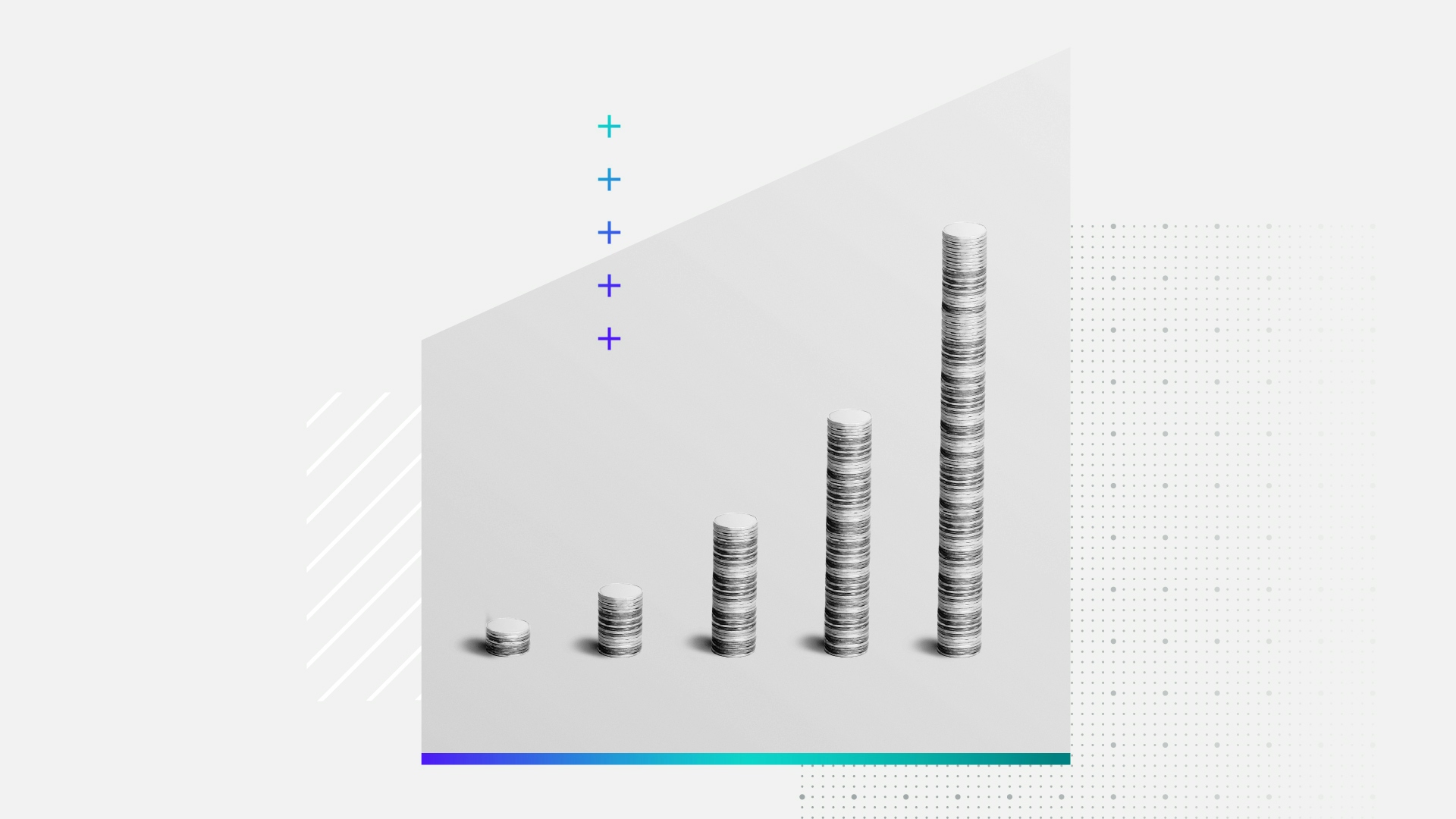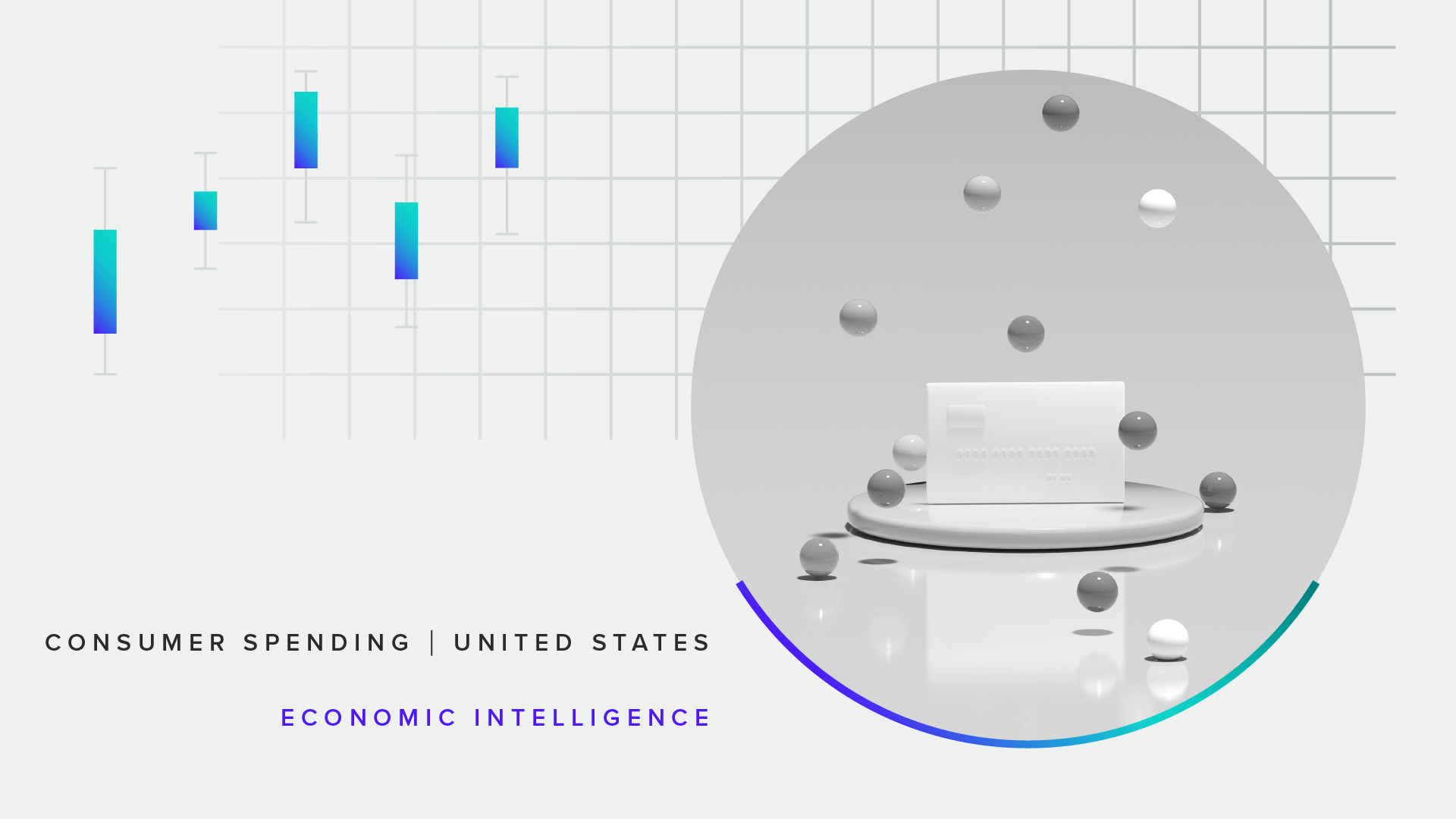U.S. Consumer Health Index
The Consumer Health Index (CHI) is Morning Consult’s proprietary gauge of consumer demand. Unlike traditional economic indicators that have significant time lags, the CHI provides a near real-time signal of consumer behavior, equipping business leaders with a forward-looking tool to respond quickly to emerging trends.
This index combines a predictive measure of consumers’ ability to afford purchases (lagged changes in unemployment) with a real-time indicator of consumers’ willingness to spend (the index of current personal financial conditions) to estimate consumers’ overall demand.
Key Takeaways
Consumer demand has been surprisingly resilient this year. The Consumer Health Index (CHI) has been steadily climbing so far in 2025 despite dips in sentiment tied to tariffs and policy uncertainty. Softer inflation and still-low unemployment have underpinned both a willingness and ability to keep spending.
Recent CHI levels suggest solid spending growth in August. We are still a couple weeks away from seeing government spending data for last month, but our own August data signals demand will not have slowed. The Bureau of Economic Analysis' recent personal consumption expenditures report showed that real spending grew 4.7% year over year as of July, while the Census Bureau's data showed retail sales were up 3.9% that month. CHI, which was designed to approximately track annual real spending growth for these measures, had an average level of 4.5 in July.
A slowdown in hiring could dampen demand starting in September. Since late spring of this year, CHI growth has primarily been driven by the employment component, while sentiment has remained mostly stable over the past few months. Changes in unemployment have a lagged influence on CHI trajectory, so accumulating joblessness from slow hiring may show up later this year.
Demand is up among most demographic groups, particularly those from high-income households. CHI scores are broadly on the upswing over the past year, and higher income adults have benefited the most thanks in part to rising investment values they disproportionately benefit from. Additionally, labor churn is less prevalent among this group, and slow hiring is more likely to affect lower wage workers.
Data Downloads
The following data is available to all Morning Consult Pro subscribers. Intel clients are able to download the datasets that underpin Morning Consult Pro's reports and analysis. Contact us to get access.
Reading this data
The metric is designed to approximate momentum in spending growth, with scores above zero indicative of expansion and scores below zero signaling contracting demand.
Consumer Health Index: Demographic Trends
Consumer Health Index: Underlying Components
Monthly and Annual Shifts in Consumer Health Index Scores

Methodology
Consult our methodology document for additional details on sampling and data collection procedures.
How the index was calculated
The theoretical composition of the Consumer Health Index called for combining two variables: A measure of sentiment, reflective of consumers’ desire to spend, and a measure of labor market strength serving as a proxy of consumers’ ability to spend. Morning Consult collects both the ICS and its Unemployment Index on a daily basis, enabling a real-time gauge of consumer demand.
To optimize the relevance of the Consumer Health Index, multiple formulations of the Unemployment Index as well as the ICS and each of its underlying components were analyzed to identify the strongest relationship between these metrics and spending (defined in this case as annual growth in real personal consumption expenditures form the Bureau of Economic Analysis’ as well as the Census Bureau’s retail sales data).
The best-performing ICS component was Current Personal Financial conditions for the contemporaneous period. This result makes intuitive sense, as a consumers’ attitude about their personal financial state on any given day can instantaneously impact spending decisions. For the unemployment index, the link with spending was more gradual and leading: The net change in 6-month average unemployment, three months ahead, showed the closest correlation with spending. Again, the delayed impact of changes in unemployment levels on spending makes logical sense: When a consumer loses his or her job, it may take several months for spending to be pared back as that worker can temporarily rely on savings or unemployment insurance to maintain his or her previous level of spending. Conversely, when a newly employed worker starts a new job, his or her spending might not immediately shift higher as the first several paychecks may be put toward replenishing savings or paying off debt incurred while the worker was still unemployed.
How the Consumer Health Index complements existing metrics
Measures of consumer confidence, such as Morning Consult’s Index of Consumer Sentiment (ICS) have been explored as a predictive gauge of consumer spending. However, the relationship between consumer confidence and spending is not stable. The variables dominating the trajectory of sentiment vary over time, leading to fluctuations in the relative strength or weakness in how closely spending patterns are associated with shifts in sentiment. A recent example has been playing out in the years following the Covid-19 pandemic: When soaring inflation in 2022 tanked sentiment, topline consumer spending remained surprisingly resilient. The ICS is informative as a metric capturing the overall mood of consumers, but is insufficient on its own as a proxy for consumer spending.
A key driver of spending is income, with the bulk of earnings for U.S. adults dependent on labor market outcomes. In the 2022 example, when the discrepancy between sentiment and spending widened, a strong labor market was a critical facilitator of strong spending despite high inflation. Employment conditions are not explicitly accounted for by the ICS, so in devising a more holistic measure of consumer demand it makes intuitive sense that a metric tracking labor market strength could serve as the missing piece.
About Morning Consult
Morning Consult is a global decision intelligence company changing how modern leaders make smarter, faster, better decisions. The company pairs its proprietary high-frequency data with applied artificial intelligence to better inform decisions on what people think and how they will act.
Kayla Bruun is the lead economist at decision intelligence company Morning Consult, where she works on descriptive and predictive analysis that leverages Morning Consult’s proprietary high-frequency economic data. Prior to joining Morning Consult, Kayla was a key member of the corporate strategy team at telecommunications company SES, where she produced market intelligence and industry analysis of mobility markets.
Kayla also served as an economist at IHS Markit, where she covered global services industries, provided price forecasts, produced written analyses and served as a subject-matter expert on client-facing consulting projects. Kayla earned a bachelor’s degree in economics from Emory University and an MBA with a certificate in nonmarket strategy from Georgetown University’s McDonough School of Business. For speaking opportunities and booking requests, please email [email protected]


